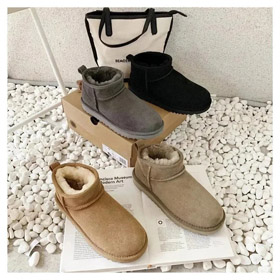The Role of Shopping Spreadsheets in Enhancing User Experience on Reverse Purchasing Platforms
In the competitive landscape of reverse purchasing platforms, understanding and optimizing user experience is crucial. Shopping spreadsheets have emerged as a powerful tool to deeply analyze user purchasing preferences and behavior data across various purchasing sites, enabling platforms to offer personalized product recommendations and tailored promotions.
Data Analysis for Personalized Recommendations
By aggregating data from multiple sources, shopping spreadsheets help platforms to parse complex datasets to identify patterns and trends in user behavior. This data-driven approach allows for the creation of personalized shopping experiences, enhancing user satisfaction and loyalty.
Planning Promotions with Spreadsheets
Spreadsheets not only assist in data analysis but also in planning strategic promotions and bundle offers. By organizing information on potential sales trends and user purchase history, platforms can effectively design campaigns that resonate with their user base, driving higher engagement and sales.
Meeting Diverse User Needs
The versatility of spreadsheets enables platforms to address the diverse needs of their users. Whether it's offering customization options for products or suggesting complementary items, spreadsheets facilitate a multi-dimensional approach to user engagement.
Building Dependency and Loyalty
Ultimately, the insightful application of shopping spreadsheets cultivates a dependency on these platforms. Users come to rely on the personalized attention and tailored recommendations, which in turn strengthens their loyalty to the platform.
As reverse purchasing platforms continue to evolve, the integration of sophisticated tools like shopping spreadsheets will be pivotal in maintaining a competitive edge and fostering a user-centric marketplace.



















